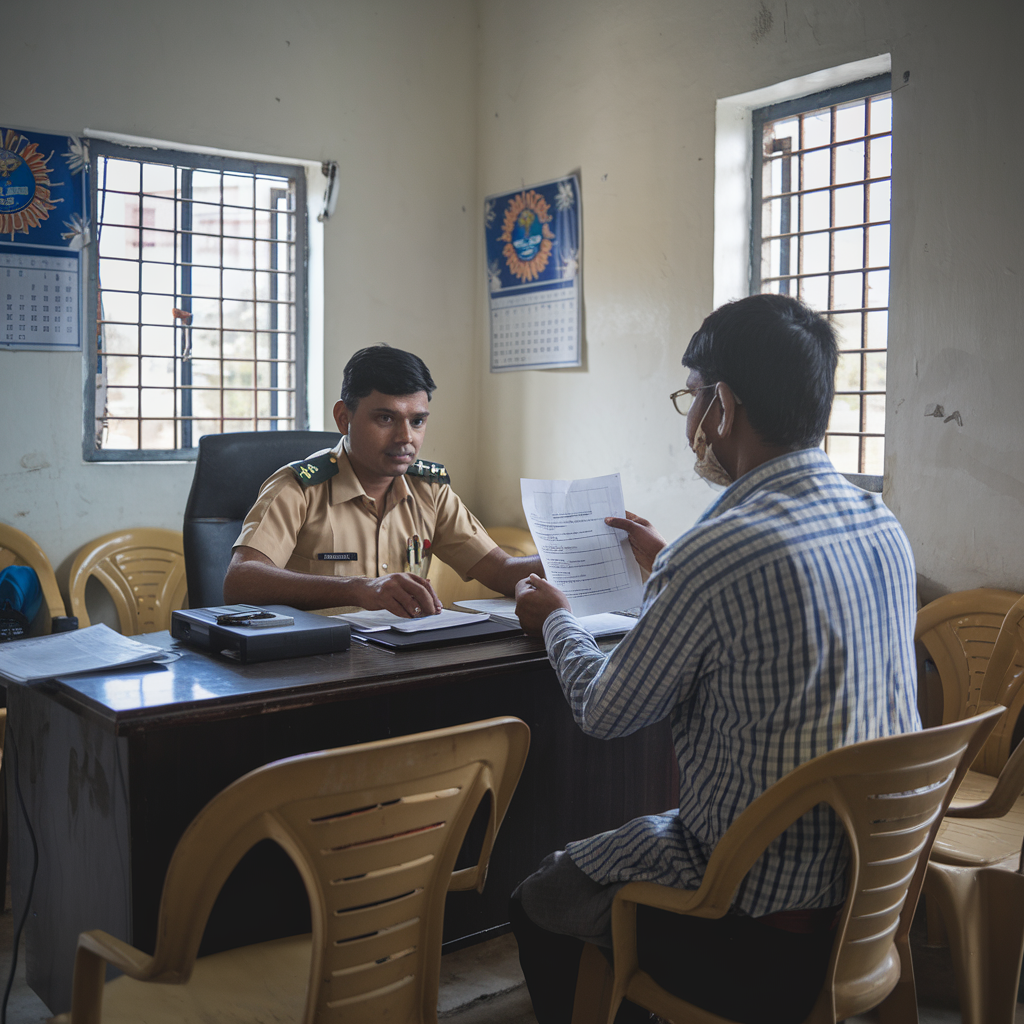Guide on Raising Cyber Crime Complaint in India
If you’ve ever been scammed online, harassed on social media, or fallen victim to phishing attacks, you’re not alone. Cybercrimes in India have surged in recent years, with over 52,000 cases reported in 2022 alone. But here’s the good news: Cybercrime reporting is simpler than you think. Let’s break down the process so you can take action confidently.
Table of Contents
Step 1: Identify the Type of Cybercrime
Not sure if your issue qualifies? Common cybercrimes include:
- Online fraud (e.g., UPI/Paytm scams, fake shopping websites)
- Social media harassment or impersonation
- Hacking of emails/social accounts
- Phishing emails/SMS (like those fake “KYC update” messages)
- Cyberbullying or revenge porn
Pro tip: If money is involved, act immediately. The faster you report, the higher the chance of recovery.
Step 2: Gather Evidence
Before filing a report, collect proof like:
- Screenshots of chats, emails, or fraudulent transactions
- Bank statements showing suspicious transfers
- URLs of fake websites or social media profiles
- Device logs (for hacking cases)
Why this matters: Evidence strengthens your case and helps authorities track perpetrators.
Step 3: File Your Cyber Crime Complaint Online
India’s National Cyber Crime Reporting Portal (https://cybercrime.gov.in) is your go-to platform. Here’s how it works:
- Visit the portal and click “Report Other Cyber Crimes” (for financial fraud) or “Report Child Pornography/Abuse” (for specific cases).
- Fill in your details: Name, contact info, and a clear description of the incident.
- Upload evidence (max 10MB/file).
- Submit and note your Unique Report Number for tracking.
Not tech-savvy? Call the Cyber Crime Helpline: 1930 (works nationwide).
Step 4: Visit Your Local Police Station (If required)
For severe cases (e.g., large financial fraud, threats), you may need to file an FIR at your nearest police station. Bring:
- A printed copy of your online complaint
- Original IDs (Aadhaar, PAN)
- Evidence files (on a USB drive or printed)
Insider tip: Ask for a “Zero FIR” if the crime occurred outside your jurisdiction. This lets any police station register the case.
What Happens Next?
- Authorities will investigate using your evidence and digital footprints.
- For financial fraud, banks can sometimes freeze transactions if reported within 72 hours.
- Track your complaint status on the portal using your report number.
Why Reporting Matters
Many victims hesitate, thinking “Nothing will happen.” But reporting:
- Helps authorities identify crime patterns.
- Blocks scam accounts/websites to protect others.
- Increases the likelihood of catching offenders.
FAQs
Can I report anonymously?
Yes, but providing contact details helps investigators follow up.
What if the scammer is outside India?
Indian authorities collaborate with global agencies like Interpol for cross-border crimes.
How long does resolution take?
It varies, but simpler cases (e.g., freezing accounts) resolve faster.




